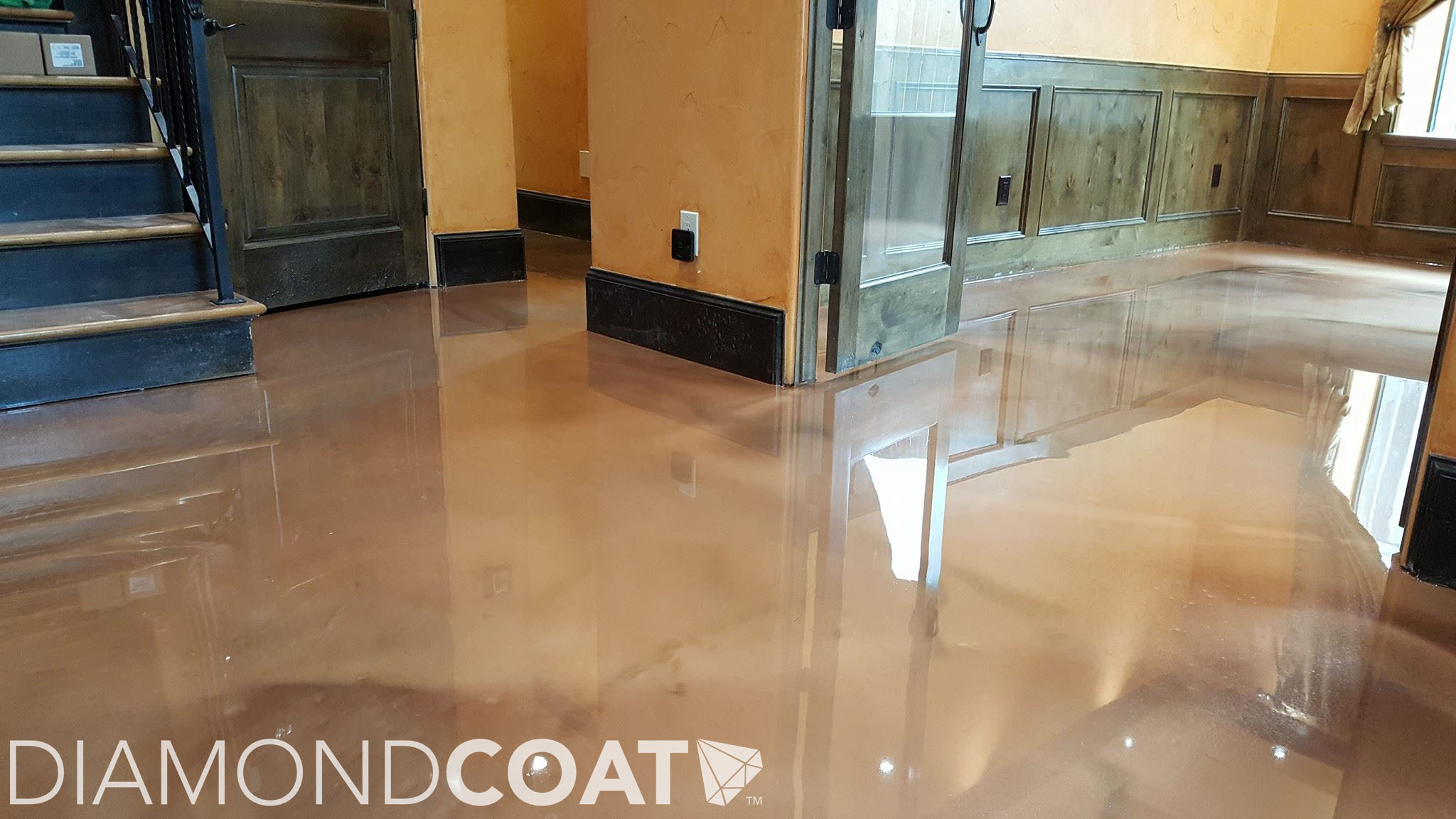Benefits and Applications of Epoxy Flooring in an Industrial Set Up
Flooring is a crucial part of interior style. In a factory established where flooring goes through a great deal of wear and tear, choice of the proper flooring is essential, because it is a part of the initial investment and is often spread throughout a big area. Among the most widely used flooring alternatives for this niche is epoxy flooring. This option revolves around the realities that epoxy flooring is highly long lasting, requires minimum maintenance and is eco-friendly. It is thus, the recommended flooring alternative for both residential buildings and markets. The epoxy floor finishes are usually applied over concrete floorings to supply best binding outcomes and aesthetically attractive surfaces.
The term epoxy refers to a type of catalyzed plastic. It is essentially a resin and is usually a substance of bisphenol-A and a polyamine. Epoxy resin was created in the 1930s by a Swiss scientist, Dr. Pierre Castam. Normally, the polyamines are utilized to harden the surface area or the floor. When the resin and hardener come in contact with each other, a catalytic reaction occurs. They bind to each other and produce a chemical crosslink that is high in strength. This binding technology is the reason that epoxies can be recoated in a short period of time.
There are 3 main kinds of epoxy for flooring. They are 100% strong epoxy, water-based and solvent-based epoxies. Of these 3, 100% solids epoxy is the very best option as it carries out the very best. Water and solvent based epoxies are thought about easy to use, but this kind of epoxies are not as resilient and can not be applied as a thick finishing like the 100% solids ones. The strong epoxies capably meet all the rigid requirements that are to have complied when creating an industrial floor. It offers strong adhesion, outstanding chemical resistance, and toughness. Further, epoxy floors, in basic, are abrasion resistant, water resistant, heat resistant, and resistant to the action of corrosives like alkalis and acids. They are non-toxic when dry and hence, can be used securely even in domestic jobs and children play locations.
The useful application on a flooring surface area takes the following actions. The substances are blended in a correct ratio and are applied to the flooring to a minimum depth of 2 mm. Normally, epoxy flooring needs at least seven coats to finally produce a glossy and ended up surface area. It consists of a skim coat, one or 2 epoxy coats, a broadcast coat of colored sand or flakes and a top coat.
The primary advantage of epoxy flooring is the ease of upkeep. Concrete floorings need appropriate protection and an epoxy floor is the very best option to provide defense against abrasion, chemical attack and thermal shock, which are frequently experienced in a commercial set up. https://diamondcoating.ca With the advent of technology, additional innovations are anticipated and it is only a matter of time prior to epoxy flooring solutions discover large application in the property segment as well.
Epoxy floor finish is a flooring surface area made up of numerous layers of epoxy applied to the flooring to a depth of less than two millimeters. There is another kind of epoxy floors called flake epoxy smooth floors. Epoxy floorings are floorings applied with layers of hard, long-lasting finishing called epoxy. Comparable to solvent-based epoxy, water-based epoxies generally have 40-60 ratios. They are 100% solid epoxy, solvent-based and water-based epoxies.
